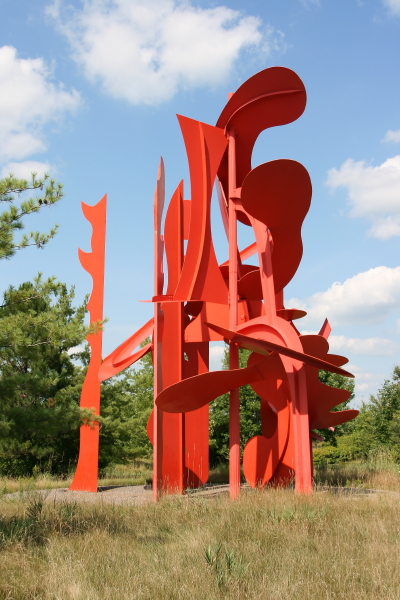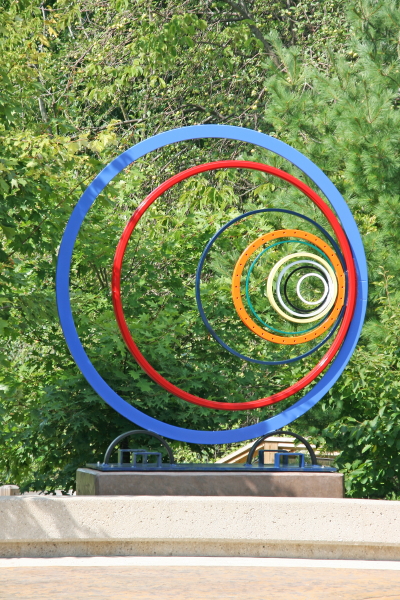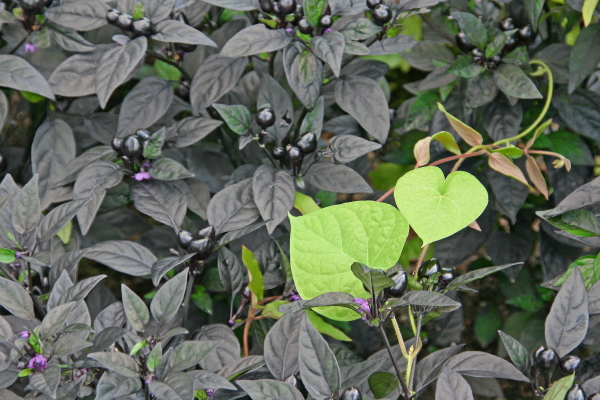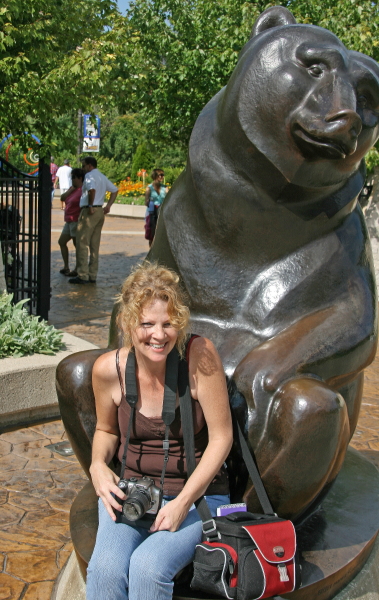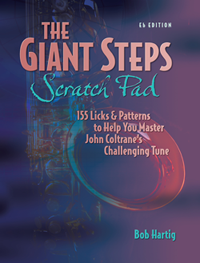In a world that has become bewilderingly complex, may the simplicity of faith in the person of Jesus be yours today and every day. I don’t think it’s any secret that Christmas is almost certainly not the actual calendar date of Jesus’s birth. What’s important about Christmas is, it reminds us that Jesus indeed was born at a specific point in time, at a certain hour on a certain day, really and truly. If eternal life were just a matter of sound moral teachings, he need not have bothered. But he came to provide something far more than one more model in the display case of spiritual teachers; he came to offer us himself as the object of our trust in matters far too vast for us to comprehend.
Look around you. Look inside you. Is it really so hard so hard to believe that what we need is not merely answers, but a Savior?
“For God loved the world with such unfathomable depth and passion that he gave the Son whom he himself sired–God, reproducing his very heart and character uniquely in human form, clothed with flesh, emotions, personality, a voice, appetites, and a name–so that whoever puts his or her trust in the Son may possess an entirely different quality of life: eternal life, today and forever.”–John 3:16, my rendering
A blessed and gracious Christmas to all my friends.
Politically incorrectly yours,
Bob
